British Values at Combs Ford Primary School
Respect for democracy and support or participation in the democratic process:
- To understand and respect the democratic process.
- To understand how children can influence decision making through a democratic process.
- To understand how to argue and defend a point of view.
- To understand the importance of teamwork.
We do this through:
- Children are listened to by adults and are taught to listen carefully and with compassion, to each other, respecting the right of every individual to have their opinions and voices heard.
- Children learn about democracy in their topics and literacy work.
- School council.
- Subject leaders carry out a pupil voice.
- PSHE curriculum.
Respect for the basis on which the law is made and applies in England:
- Ability to recognise the difference between right and wrong and apply this to their own lives.
- Ability to accept responsibility for their behaviour.
- To understand the consequences of their behaviour and actions.
- Ability to resolve conflict.
- Understand how they can contribute positively to the lives of those living and working in the locality and society more widely.
- To understand that living under the rule of law protects them and is essential for their well-being and safety.
We do this through:
- Development and strengthening of seven learning behaviours in our children (our Rainbow Values and Rules)
- PSHE Curriculum
Support and respect for the liberties of all within the law
- To understand rights and responsibilities
We do this through:
- UNICEF’s Convention on the Rights of the Child.
- Assembly themes
- RE Curriculum
- Children are encouraged to think independently and feel that they are able to express their ideas with confidence and that these are valued. At the same time, they are encouraged to be sensitive to the needs of others
- Children are encouraged to know, understand and exercise their rights and personal freedoms and are advised how to exercise these safely, for example through our e-safety teaching and PSHE lessons.
- The school uses Arbor to log incidents.
- Children have key roles and responsibilities in school e.g. Year 6 playground leaders and school council representatives in each class.
Respect and tolerance of those with different faiths and beliefs
- Be reflective about their own beliefs, religious or otherwise that inform their interest in and respect for different people’s faiths, feelings and values.
- Reflective about their own experiences.
- Interest in investigating and offering reasoned views about moral and ethical issues and being able to understand and appreciate the viewpoints of others.
- Use a range of social skills in different contexts, including working and socialising with pupils from different religions, ethnic and socio-economic backgrounds.
- Participate in a variety of communities and social settings, cooperating well with others.
- Understanding and appreciation of the range of different cultures within school and further afield as an essential part of their preparation for life in modern Britain.
- Understand, accept, respect and celebrate diversity as shown by their tolerance and attitudes.
We do this through:
- Children are helped to acquire an understanding of, and respect for, their own and other cultures and ways of life.
- Through the PSHE and RE curriculums pupils are encouraged to discuss and respect differences between people such as differences of faith, ethnicity, disability, gender or sexuality and differences of family situations.
- All major religions are studied and respected.
- Key Stage 2 Pupils take part in French lessons.

Subject Leader: Mrs Louise Lambert

Page updated on 13/10/24 by LL and KJD.
